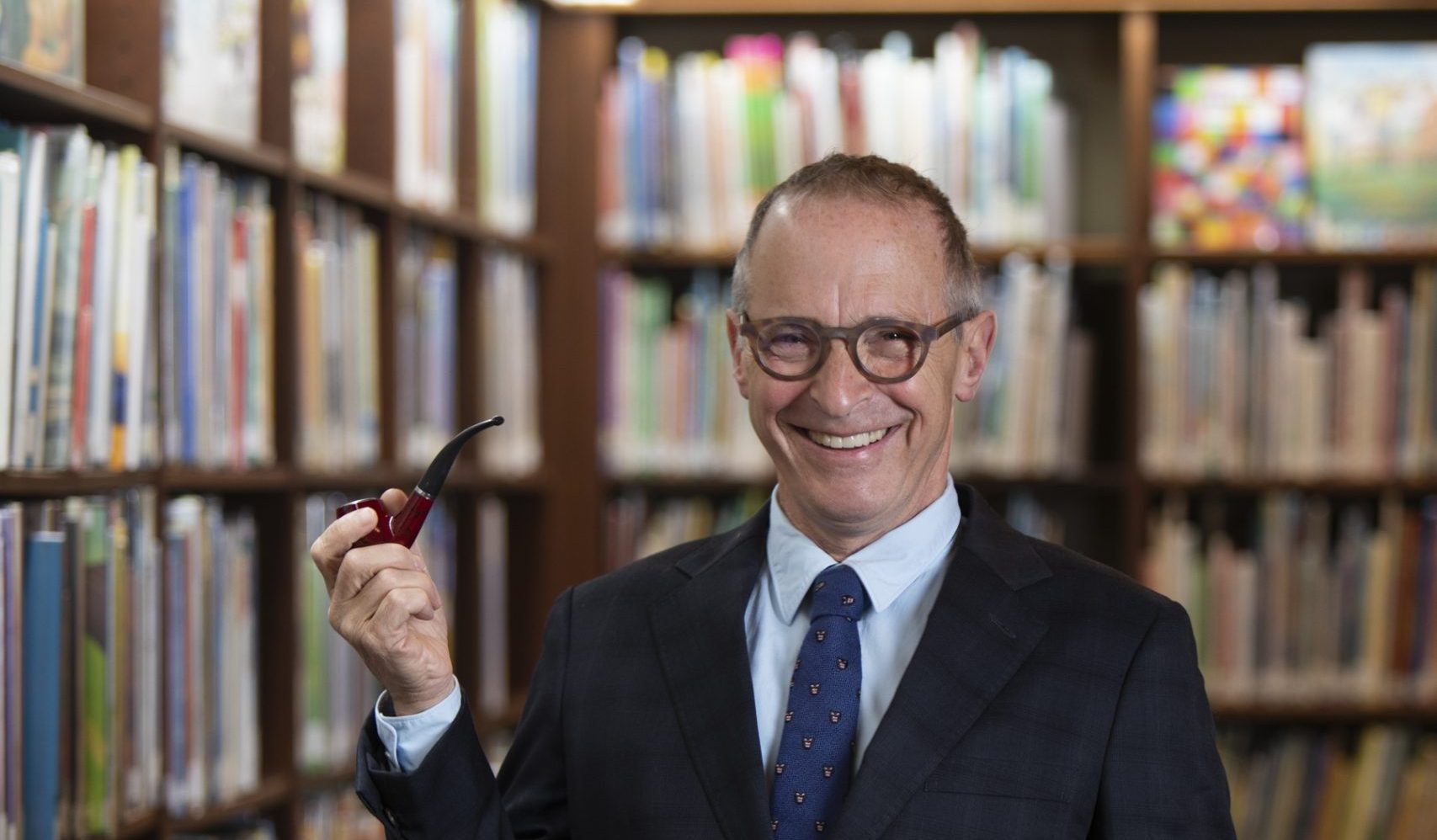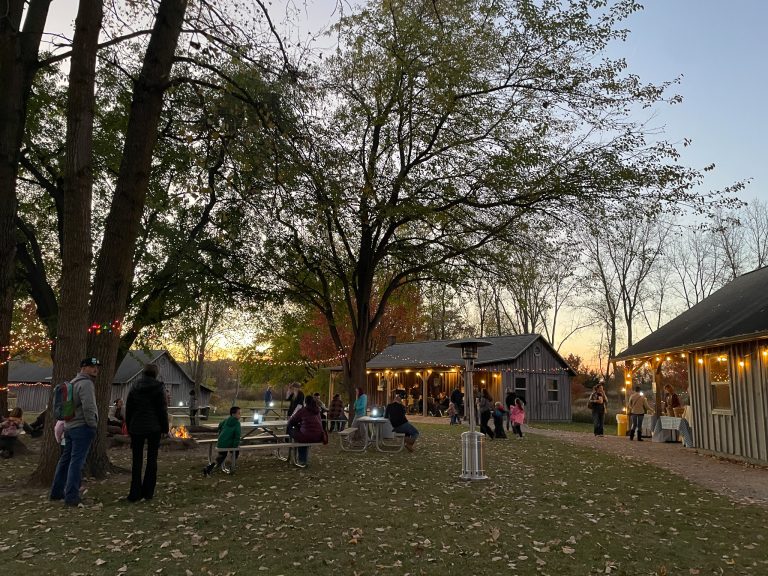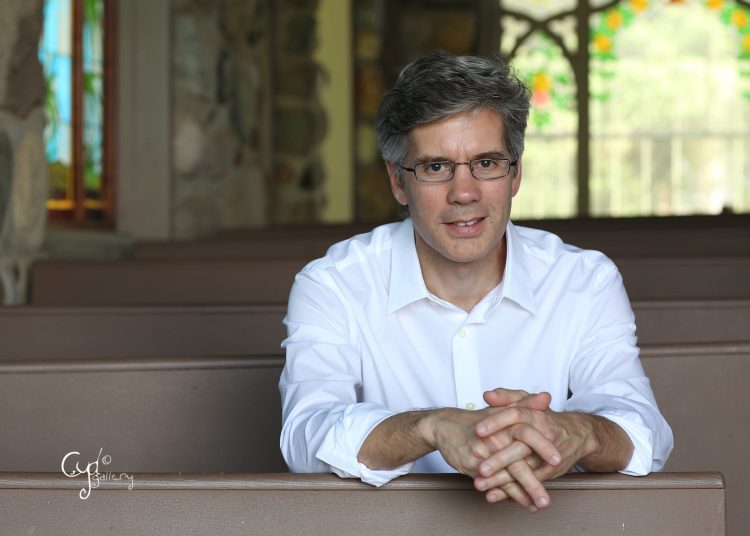
Events
Amputee Soccer Philippines: Inspiring Stories of Resilience and Triumph on the Field
-
2025-10-30 01:10
As I watch the amputee soccer players of the Philippines train under the scorching sun, their crutches moving in rhythmic harmony with the ball, I can't help but wonder: what drives these athletes to push beyond physical limitations and societal expectations? Having followed their journey for three years now, I've witnessed firsthand how this sport transforms lives. Today, I want to share some insights about these incredible athletes through a series of questions that often come to mind when people first discover amputee soccer in our country.
Why does amputee soccer matter in the Philippine sports landscape? Well, let me tell you - it's more than just a game. These athletes are rewriting the narrative around disability in sports. The Philippine Amputee Football Federation currently supports approximately 45 registered players nationwide, though I suspect the actual number of participants is closer to 80 when including informal community programs. What strikes me most is how this sport creates champions both on and off the field. Take Baron and Fajardo's story - their sense of indebtedness to how RDJ honed them from college to professional champion-caliber players demonstrates the profound impact of proper mentorship in amputee soccer. Their journey perfectly embodies why "Amputee Soccer Philippines: Inspiring Stories of Resilience and Triumph on the Field" continues to capture hearts nationwide.
How does coaching transform amputee soccer players? Having observed Coach RDJ's methods during training sessions in Parañaque, I can attest that his approach goes beyond technical skills. He builds character. That deep sense of indebtedness Baron and Fajardo feel isn't just about learning to play better - it's about becoming better humans. Coach RDJ doesn't see physical limitations; he sees potential. He once told me during a break between drills, "These athletes aren't disabled - they're differently-abled, and my job is to help them discover that power within themselves."
What makes the community around amputee soccer special? Honestly, it's the unbreakable bonds formed through shared struggle. I've attended both victory celebrations and tough losses, and what always stands out is how these players support each other. When Baron missed a crucial penalty last season, it was Fajardo who stayed up with him until 3 AM, reviewing footage and working on technique. That's the culture RDJ fostered - where players feel such indebtedness to their development that they naturally uplift each other. This creates stories that truly make "Amputee Soccer Philippines: Inspiring Stories of Resilience and Triumph on the Field" worth telling and retelling.
Where do these athletes find their resilience? From my conversations with them, it comes from turning perceived weaknesses into strengths. Their amputations become advantages in how they maneuver the field. The crutches? Not just mobility aids but extensions of their bodies for ball control. This mindset shift - this transformation from seeing limitations to discovering new possibilities - is exactly what RDJ cultivated in Baron and Fajardo. That indebtedness they feel isn't about obligation; it's about recognizing how someone believed in them when few others did.
When did amputee soccer start gaining traction in the Philippines? The movement began gaining real momentum around 2015, but I'd argue the turning point came when coaches like RDJ started applying professional standards to training. Before that, teams would typically practice maybe twice monthly - now, the national squad trains 4-5 times weekly. That professional approach is what created the environment where Baron and Fajardo could develop that champion mentality they're so indebted to.
Who benefits from these stories of triumph? Everyone. Seriously. I've seen corporate executives tear up watching these players compete. Schoolchildren suddenly see disability differently. Families find hope. The ripple effects are incredible. Each time we share another chapter of "Amputee Soccer Philippines: Inspiring Stories of Resilience and Triumph on the Field," we're not just reporting sports news - we're changing perceptions about human potential.
What's next for Philippine amputee soccer? With the Asian Amputee Football Federation Cup approaching, our athletes are training relentlessly. But beyond tournaments, what excites me is the growing recognition. From barely having enough players to field a team five years ago to now having waiting lists in some regions - that's progress. And it's built on foundations laid by mentors like RDJ, creating more stories like Baron and Fajardo's where players feel that profound indebtedness to their development while inspiring others through their triumph on the field.
Watching these athletes now, I realize their true victory isn't in the trophies they might win, but in the barriers they break every single day. And honestly, isn't that what sports should ultimately be about?
-
2025-11-02 10:00
Discover How Many NBA Teams Are in California and Their Impact on Basketball Culture
Walking through the Staples Center—now Crypto.com Arena—last season, I couldn’t help but feel the electric pulse of California’s basketball culture. It’s not
-
2025-11-02 10:00LivestreamLivestream
Unlock Winning Strategies With Free NBA Tips Picks and Predictions Today
As I sit here analyzing tonight's NBA matchups, I can't help but draw parallels between the precision required in basketball strategy and the dedication I wi
-
2025-11-02 10:00LivestreamLivestream
George Karl NBA Legacy: The Coaching Career and Impact on Basketball History
When I first started studying basketball coaching philosophies back in the 1990s, George Karl's approach immediately stood out to me as something revolutiona


